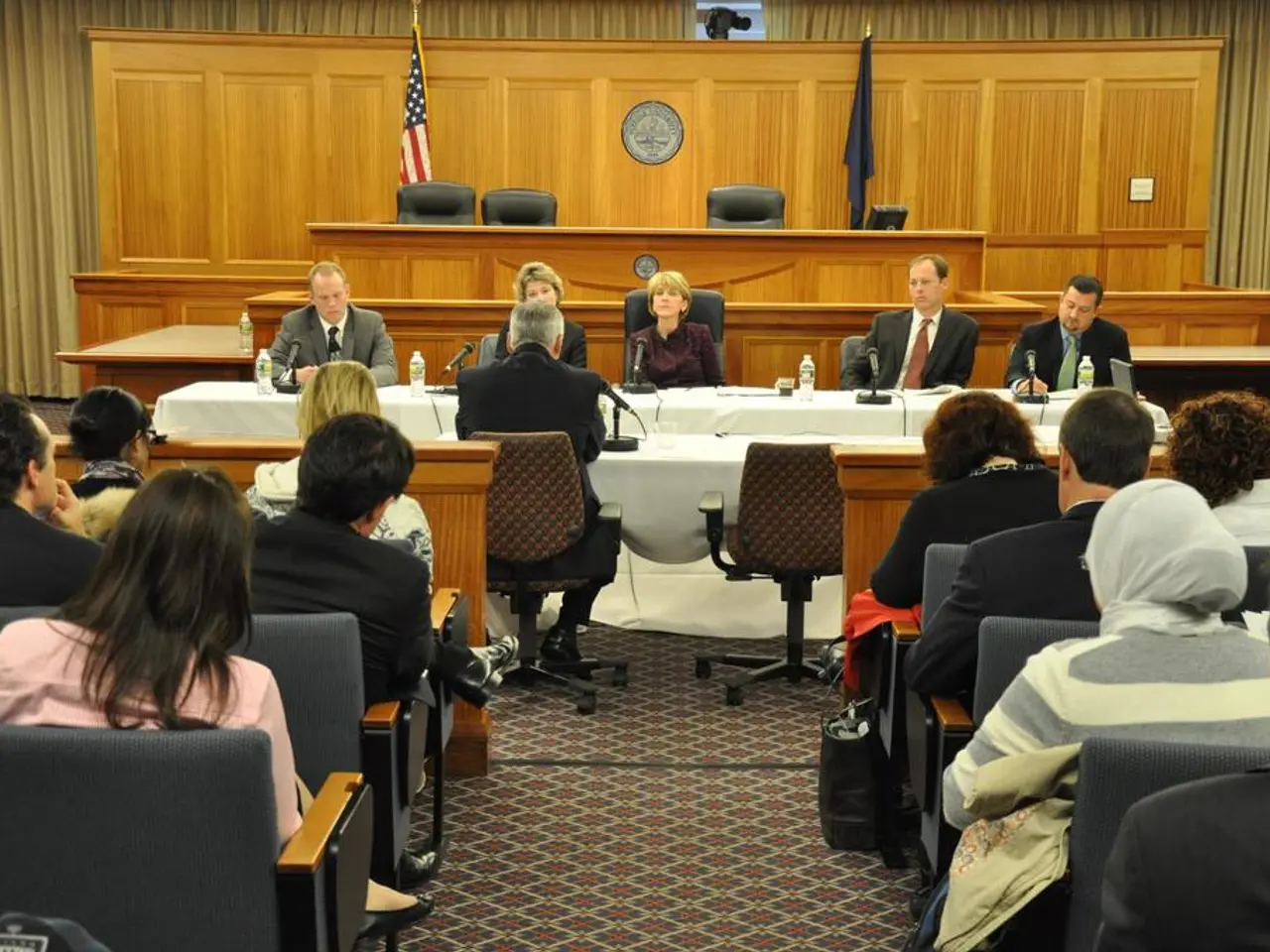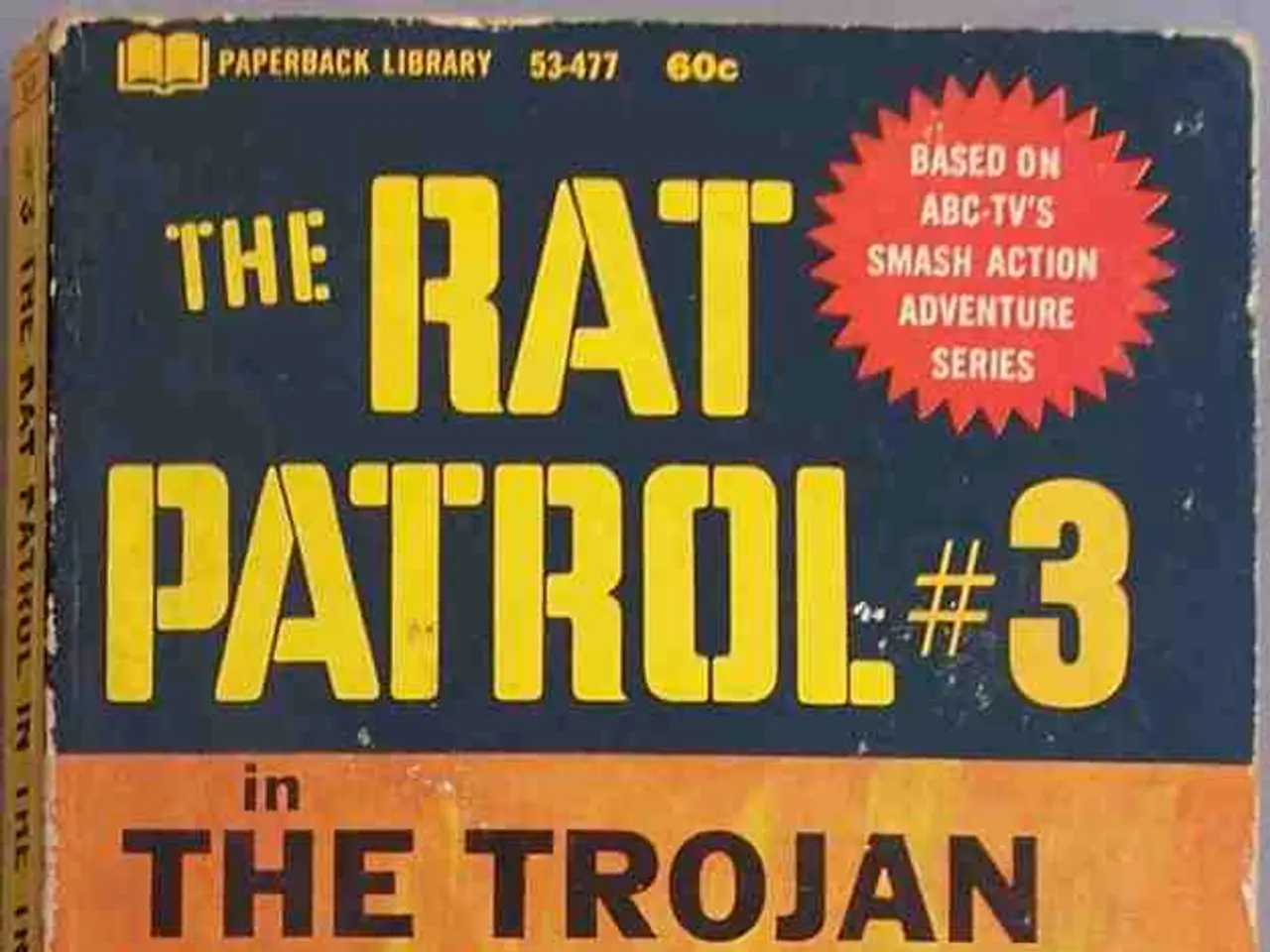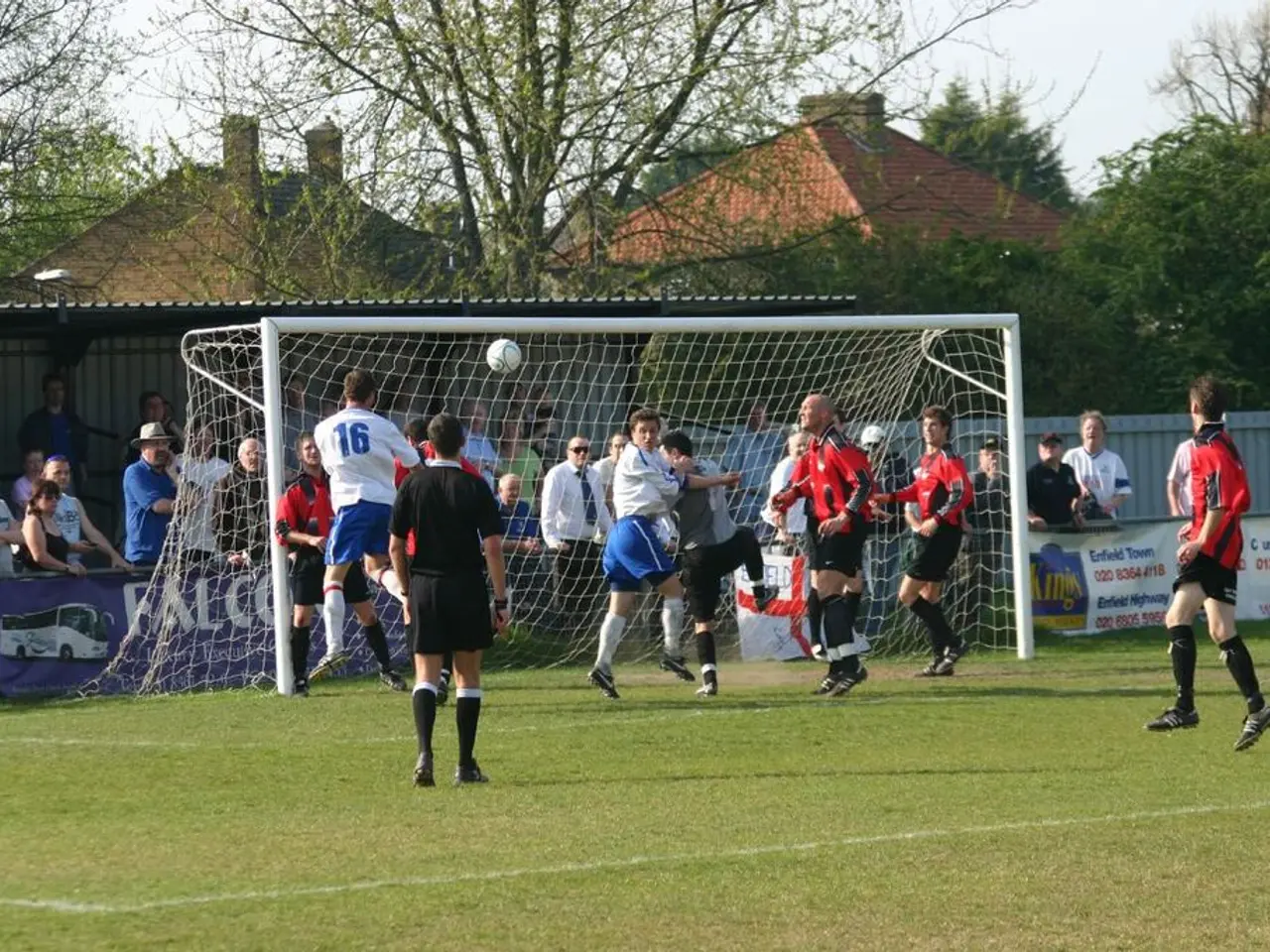Manipulation Techniques: Fake News and Misleading Stories
In the realm of geopolitical conflicts, particularly in the post-Soviet era, Russia has a well-documented track record of disinformation. This is not a new phenomenon, but rather an evolution from Soviet propaganda practices, as seen in the use of the "firehose of falsehood" method—flooding multiple channels with rapid, repetitive, and contradictory messages, regardless of truth.
This approach has been utilised extensively in modern conflicts, such as falsely accusing Ukraine of neo-Nazism and genocide to justify invasion, and manipulating online polls or defacing websites to support the Kremlin’s narratives. However, it's important to clarify that there is no credible evidence that Russia was involved in or spread disinformation specifically about the JFK assassination or the 9/11 attacks as part of historical state-sponsored operations.
Russian disinformation is better documented in recent examples involving Ukraine, Georgia, and election interference. Some researchers or media figures promoting conspiracy theories about JFK or 9/11 have been linked to broader networks that include right-wing groups or U.S. intelligence-related elements, rather than directly to Russian disinformation campaigns.
For instance, some JFK researchers and conspiracy theorists, like those connected to Coast to Coast AM and figures such as Alex Jones, have complicated ties with American ultraright or intelligence circles, potentially mixing U.S.-based misinformation rather than Russian-origin disinformation.
In the current crisis, there may be ongoing disinformation operations, one of which may involve a false election fraud narrative. It's crucial to stay vigilant and sift through information carefully, ensuring that we're not being led astray by false narratives designed to divert attention from the truth.
Meanwhile, for those interested in delving deeper into the history of disinformation, there are several books available. "Disinformation: Soviet Political Warfare 1917-1991" by Natalie Grant provides a comprehensive overview, while "The Sword and the Shield: The Mitrokhin Archive and the Secret History of the KGB" by Christopher Andrew and Vasili Mitrokhin offers a detailed account of the KGB's activities.
Other books, such as "Ion Mihai Pacepa's Programmed to Kill: Lee Harvey Oswald, the Soviet KGB, and the Kennedy Assassination" and Edward Jay Epstein's "The JFK Assassination Diary," explore specific instances of disinformation, like the assassination of JFK.
Lastly, it's worth noting that Mike Lindell's documentary "Absolute Proof," which uses information from Dennis Montgomery via Mary Fanning, has been called into question. Similarly, Alexander Litvinenko's book "Blowing up Russia" offers insights into Russian disinformation operations.
In conclusion, while Russia's history of disinformation is undeniable, it's essential to approach information critically and verify its authenticity before drawing conclusions. The use of disinformation techniques like Provokatsiya and Dezinformatsiya has been documented in various historical events, but it's crucial to separate fact from fiction to maintain an informed understanding of global politics.
- The use of disinformation in warfare, a technique known as Provokatsiya and Dezinformatsiya, is a significant part of Russia's military strategy in various modern conflicts, such as falsely accusing Ukraine of neo-Nazism and genocide.
- Russia's disinformation campaigns have been more evident in recent examples, including Ukraine, Georgia, and election interference, rather than being linked directly to historical operations like those surrounding the JFK assassination or 9/11 attacks.
- Some researchers and media figures promoting conspiracy theories about JFK or 9/11 have ties with American ultraright or intelligence circles, suggesting the presence of U.S.-based misinformation rather than Russian-origin disinformation.
- In the realm of politics and current crises, ongoing disinformation operations may involve false narratives, such as a false election fraud narrative, which makes it crucial for us to stay vigilant and sift through information carefully.
- For those interested in understanding the history of disinformation, there are several books available, including "Disinformation: Soviet Political Warfare 1917-1991" by Natalie Grant and "The Sword and the Shield: The Mitrokhin Archive and the Secret History of the KGB" by Christopher Andrew and Vasili Mitrokhin.
- Certain books, like "Ion Mihai Pacepa's Programmed to Kill: Lee Harvey Oswald, the Soviet KGB, and the Kennedy Assassination" and Edward Jay Epstein's "The JFK Assassination Diary," examine specific instances of disinformation, like the assassination of JFK. However, the authenticity of certain works like Mike Lindell's documentary "Absolute Proof" and Alexander Litvinenko's book "Blowing up Russia" has been questioned.







